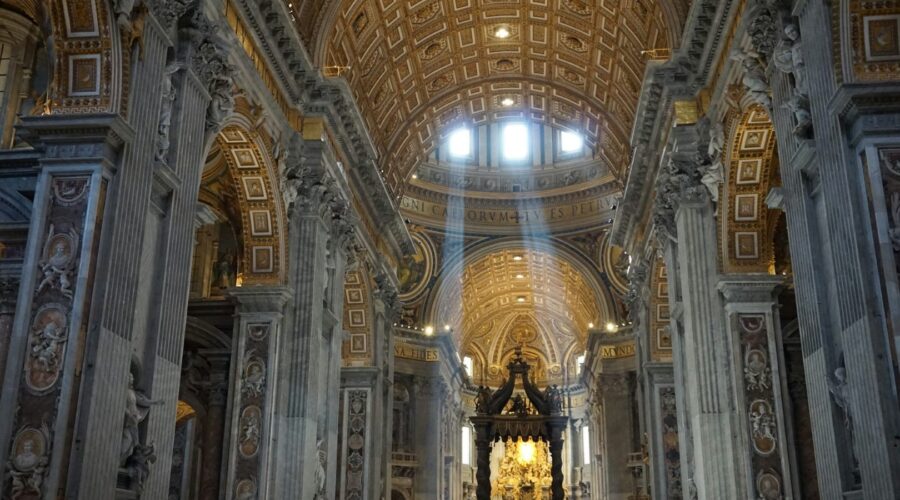Your cart is currently empty!
Episcopal: A Comprehensive Guide to the History, Beliefs, and Practices of the Episcopal Church

Introduction
Episcopal, an adjective meaning “relating to a bishop,” describes the Episcopal Church, a Christian denomination with a rich history, diverse beliefs, and unique practices. This detailed guide will explore the Episcopal Church’s origins, theology, liturgy, governance, and its role in society.
Historical Foundations
Anglican Roots
The Episcopal Church traces its lineage to the Church of England, an offshoot of the Catholic Church established in the 16th century under King Henry VIII. While retaining many Catholic traditions, the Church of England embraced Protestant reforms, becoming a distinct Anglican branch of Christianity.
American Episcopalianism
In the 18th century, Anglican settlers in America established the Protestant Episcopal Church in the United States of America. After the American Revolution, the Episcopal Church became an independent denomination, adopting its own constitution and governing structures.
Core Beliefs
Holy Trinity
Episcopalians affirm the doctrine of the Holy Trinity, believing in one God in three persons: the Father, the Son (Jesus Christ), and the Holy Spirit.
Scripture and Tradition
The Episcopal Church regards the Holy Bible as the authoritative Word of God and respects Christian tradition as a guide for faith and practice.
Incarnation and Redemption
Episcopalians believe that Jesus Christ, the Son of God, became incarnate as a human being to redeem humanity from sin and death.
Liturgical Practices
Book of Common Prayer
The Episcopal Church’s primary liturgical text is the Book of Common Prayer, which contains prescribed prayers, readings, and services for various occasions.
Sacraments
Episcopalians observe two sacraments instituted by Christ: Baptism, through which individuals are initiated into the Christian faith, and Holy Communion (also known as the Eucharist), a remembrance of Christ’s sacrifice and a means of grace.
Governance
Episcopal Hierarchy
The Episcopal Church is led by bishops, ordained ministers who exercise authority and oversight over their respective dioceses (geographic regions).
General Convention
The General Convention is the governing body of the Episcopal Church, composed of representatives from each diocese, meeting every three years to set policy and elect bishops.
Role in Society
Social Justice
The Episcopal Church has a long history of involvement in social justice issues, advocating for peace, civil rights, and economic equality.
Interfaith Dialogue
Episcopalians emphasize interfaith dialogue and cooperation, participating in ecumenical organizations and promoting understanding among different religious traditions.
Ecumenical Partnerships
The Episcopal Church is a member of the Anglican Communion and has ecumenical partnerships with other Christian denominations, such as the Lutheran Church and the United Methodist Church.
Additional Resources
Conclusion
The Episcopal Church is a vibrant and diverse Christian denomination with a rich history, distinct beliefs, and an active role in society. Its emphasis on Scripture, tradition, and liturgical practices, coupled with its commitment to social justice and ecumenical dialogue, makes it a significant player in the global Christian landscape.